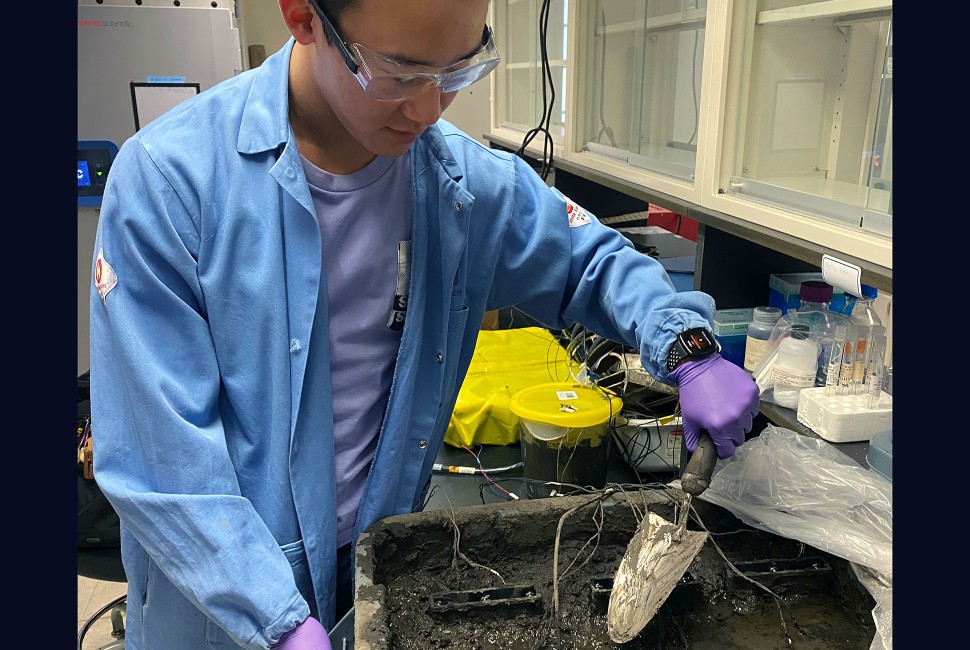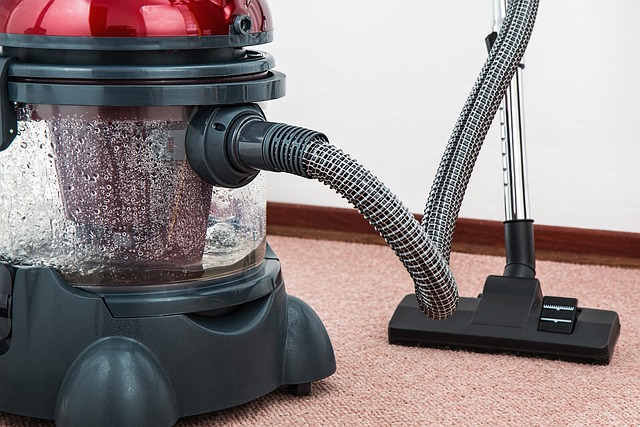Concerns about the health effects of sugar have prompted a shift towards low-calorie artificial sweeteners, also known as non-sugar sweeteners (NSSs), as substitutes in many people’s diets.
While sugar is often demonized, artificial sweeteners can be just as harmful, if not more.
Sucralose, a zero-calorie artificial sweetener, is 600 times sweeter than sugar. It is a commonly used artificial sweetener found in a variety of food products, including diet drinks, chewing gum, sugar-free jams, coffee syrups, and sauces.
Sucralose is the most widely used artificial sweetener in the United States, marketed under the brand name Splenda. Sucralose has been deemed safe by the Food and Drug Administration (FDA), European Food Safety Authority (EFSA), and the World Health Organization (WHO).
However, a new study has discovered that a chemical found in sucralose is “genotoxic,” meaning it may damage DNA.
Researchers at North Carolina State University conducted a study on sucralose-6-acetate, a fat-soluble compound produced during the breakdown of sucralose in the body. They examined its effects on the body, particularly its impact on DNA.
Researchers discovered that sucralose-6-acetate, a compound produced from sucralose metabolism, caused DNA strand breakages directly. If not adequately repaired by the body, these may increase the risk of cancer. Furthermore, their study revealed that sucralose-6-acetate had adverse effects on human gut tissues.







